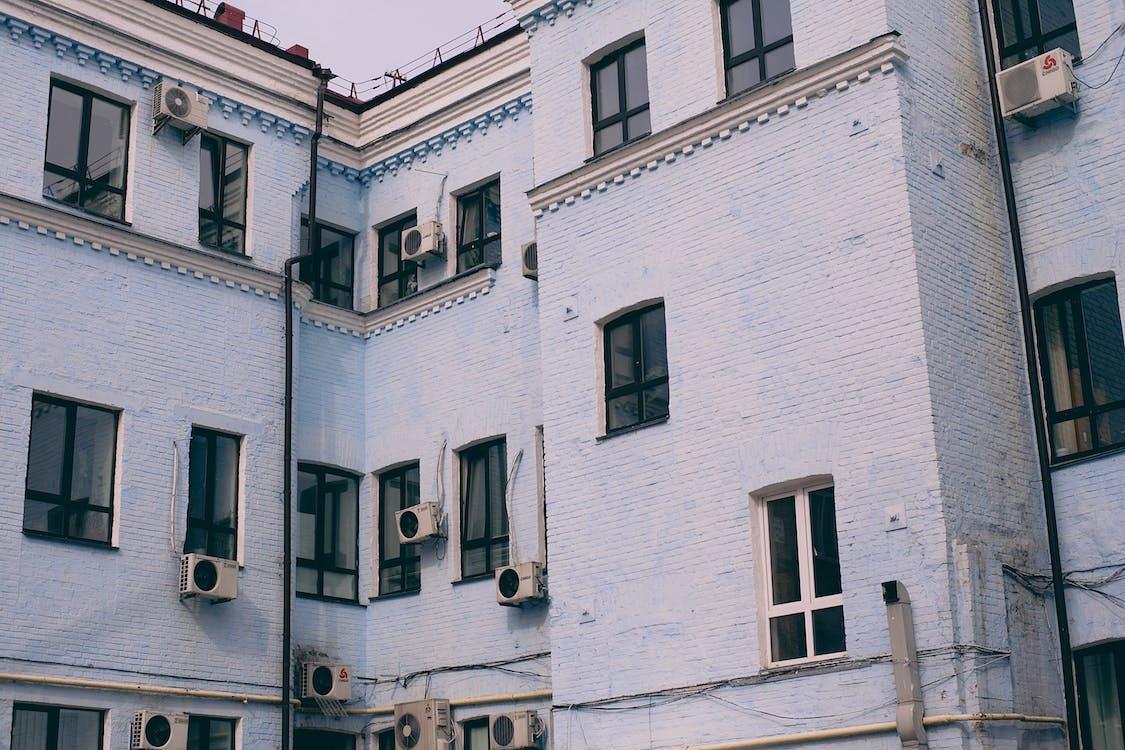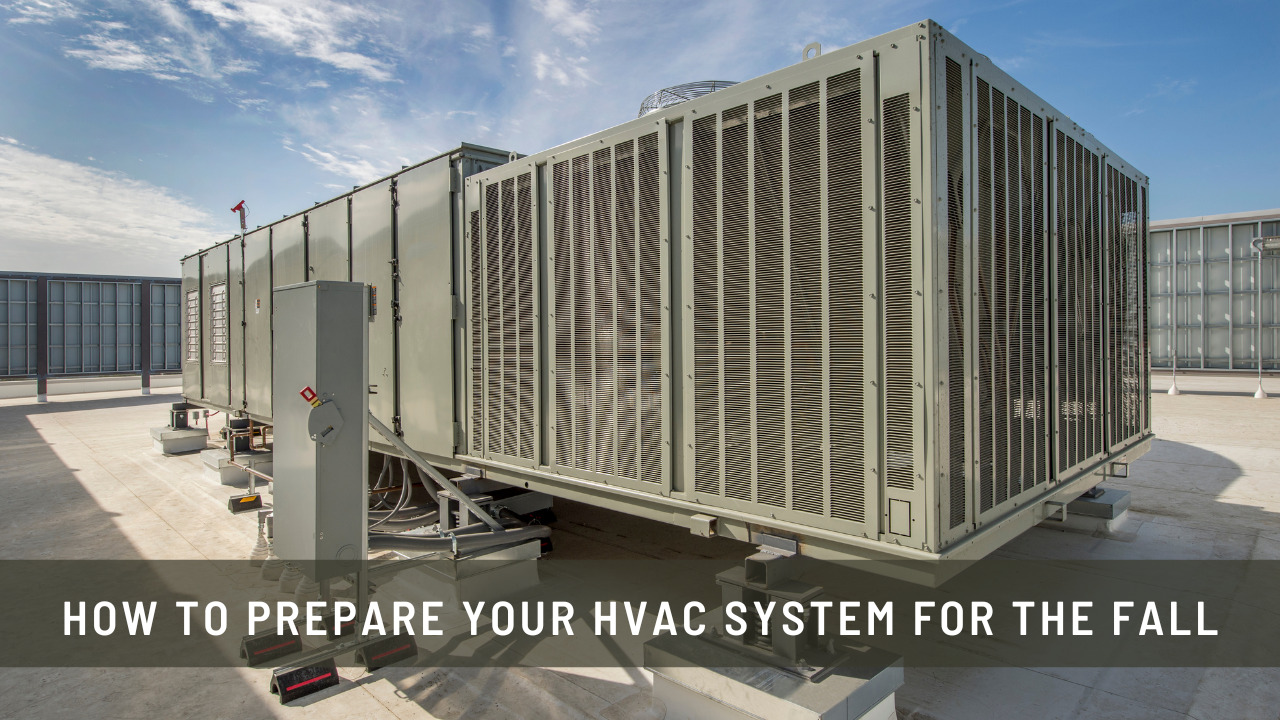Nothing proves that prevention is better than cure like your heating and air conditioning, also known as the HVAC system. Fall is approaching, and before you think of watching soccer, pulling out the pullovers, and enjoying pumpkin spice flavors, check your HVAC.
A proactive approach to preparing your heating and cooling system for fall will save you stress and money on costly repairs and replacements. Follow the tips below to prepare your HVAC system for fall.
Table of Contents
Check the Air Filters
Your HVAC system may develop several problems due to dirty furnaces and AC filters. Dirty filters compromise the HVAC efficiency, and your system will not adequately heat or cool your space.
Consider replacing your air conditioner filter before shutting it down, so it is ready when it is time to start it again. Also, ensure that you change the furnace filters promptly through the heating months to keep the unit in proper working condition.
Test Your Heating System in Advance
While this sounds like common knowledge, it is not! When seasons change, many people are always caught off-guard with broken and non-functional AC units. Test your HVAC system way before you need it by turning the thermostat high enough to ensure it engages the furnace.
If it produces enough heat to warm the room fast, then the AC is working. Your unit may have a funny odor the first time you turn on the heat, but it should subside after a while. In case your system presents any issues, contact Mister Quik Home Service for instance, for repairs or replacement, as you still have enough time.
Seal Air Leaks
Air leaks will increase the load on your HVAC system as it works harder than it should. You may also likely experience uneven temperatures creating discomfort in individual rooms.
Air exchange between the non-conditioned spaces and living room areas introduces contaminants like insulation fibers and volatile organic compounds into the air.
Prevent decreased energy waste and drafts in your home by sealing the doors and windows with caulk and weather-stripping. You can use aluminum tape or mastic to seal leaky ductwork. Check for any other possible air leak area, and if there is a need, call in an expert.
Check the Alarm and Detectors
Carbon monoxide and smoke detectors are essential devices that keep you safe. According to the United States Fire Administration, you should replace smoke detectors every ten years and replace batteries frequently.
Check the manufacture date at the back of the smoke detector to confirm the last replacement date. Test each device to ensure they are correctly working.
Clean Outdoor Compressor Unit
Debris often accumulates around, and in the outdoor compressor, the impedes airflow. Remove trash, sticks, and leaves in the grill or under the compressor unit. Consider hosing down the compressor coil and unit to remove pollen, dirt, and dust. Remember to turn off the power first.
Schedule a Maintenance Check Up
Scheduling maintenance checkups for your unit will save you from avoidable repair expenses for your HVAC system. A proactive approach will extend the life of your air conditioner unit and dehumidifier.
The contractor should lubricate moving parts, ensure the electrical connection is correct and wiring safe, check for blockage in the drains, and monitor refrigerant levels.
Conclusion






